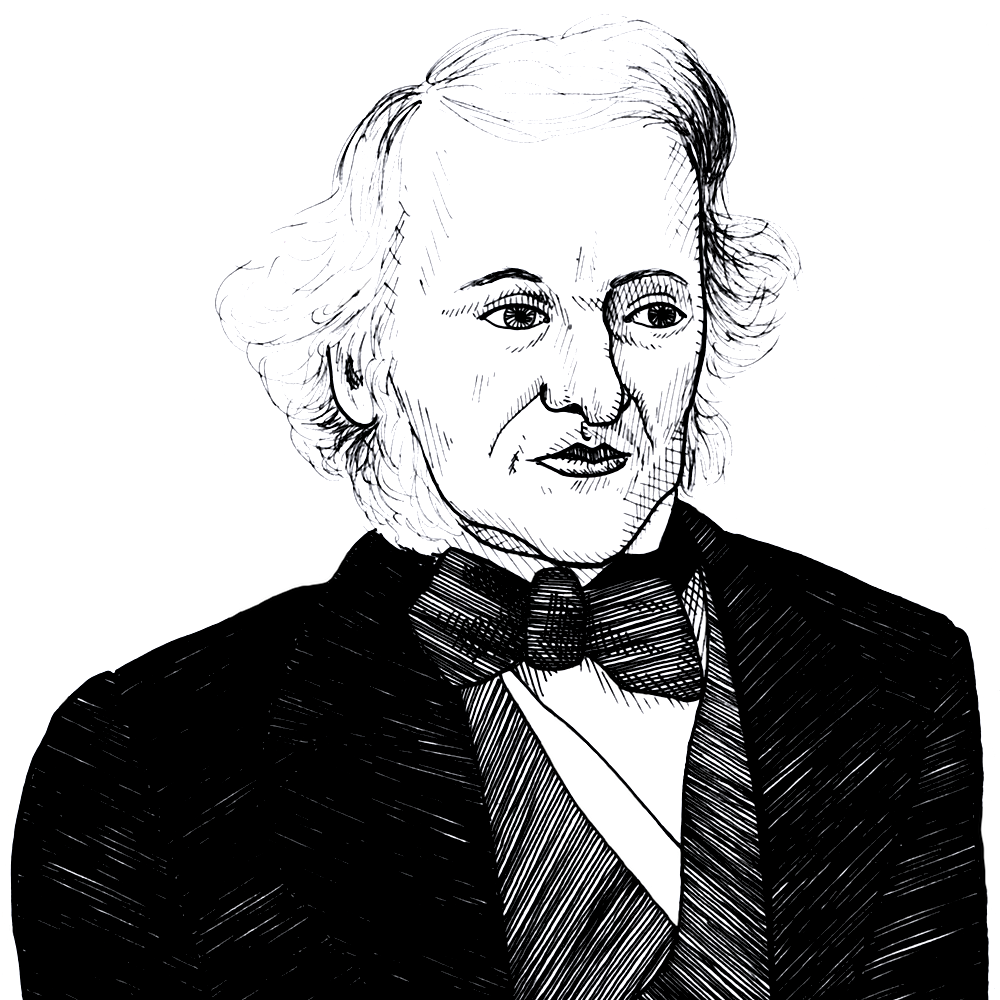
Cobden on the principle of non-intervention in the affairs of other countries (1859)
Found in: Speeches on Questions of Public Policy. Vol. 2 War, Peace, and Reform
In 1859 while Richard Cobden (1804-1865) was visiting the U.S., France and Sardinia fought Austria in order to win independence for the Italian states. This prompted Codben to address his electorate in Rochdale upon his return. In the speech he strongly defended the principle of non-intervention in the affairs of other countries:
War & Peace
(D)o not let us have any more Congresses of Vienna, where we are parties to treaties that partition off Europe, and apportion the people to different rulers, just with the same indifference to their wishes and their instincts as though they were mere flocks of sheep… if England takes any part in the Congress that is to be held by the great Powers on the Continent, our object, and the sole condition on which they should go into that Congress, should be,—that the Italians should be left free to manage their own affairs; that they should be as secure from intervention—that they should enjoy the privilege of non-intervention in the management of their own affairs, just as entirely and as sacredly as the great Powers themselves. I know what is the excuse that is made by those great Powers for interfering in the affairs of Italy and the smaller States; they do it under the pretence of preserving order,—the hypocritical pretence, I have no hesitation in calling it. Do the great Powers preserve order themselves? Have we had perfect order reigning in the Austrian empire or in the French empire for the last twenty years? Do they preserve the earth from bloodshed? Have not those two great Powers, Austria and France, during the last six months, shed more blood in their mad quarrels than has been shed by all the smaller states of Europe for the last fifty years? And shall these great Powers, for the purpose of interfering, and sending their armed bands to coerce the free instincts of the people of Italy, be allowed to set up the pretence that they want to preserve order and prevent bloodshed? I will face the chance of disorder. I say that if the Italians cannot settle their own affairs without falling into discord, why should not they be allowed even to carry on civil and domestic tumult, or even war itself, without any other Power pretending to take the advantage and entering their territory?